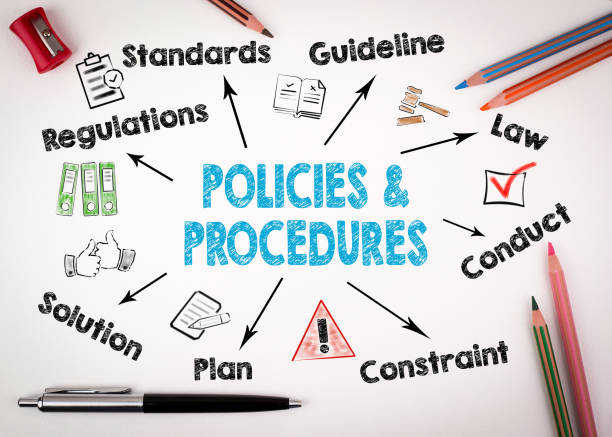
Stress-Relief Strategies for Busy Lifestyles
- admin
- 0
- Posted on

Stress-Relief Strategies for Busy Lifestyles
In today’s fast-paced world, it’s easy to feel overwhelmed by the demands of work, family, and other responsibilities. Chronic stress can take a toll on both your physical and mental health, leading to a range of health issues from fatigue and irritability to anxiety and depression. However, with the right stress-relief strategies, you can effectively manage stress and cultivate a greater sense of well-being, even amidst a busy lifestyle. In this guide, we’ll explore a variety of stress-relief techniques that are simple, practical, and easy to incorporate into your daily routine.
1. Mindfulness Meditation:
Mindfulness meditation is a powerful tool for reducing stress and promoting relaxation. By bringing your attention to the present moment and observing your thoughts and feelings without judgment, you can cultivate a greater sense of calm and clarity. Even just a few minutes of mindfulness meditation each day can make a significant difference in your overall stress levels.
Tip: Start with short meditation sessions, such as 5-10 minutes, and gradually increase the duration as you become more comfortable with the practice. Experiment with different techniques, such as breath awareness, body scanning, or loving-kindness meditation, to find what works best for you.
2. Deep Breathing Exercises:
Deep breathing exercises are simple yet effective ways to quickly reduce stress and induce a state of relaxation. By slowing down your breathing and focusing on deep, diaphragmatic breaths, you can activate the body’s relaxation response and calm your nervous system.
Tip: Try the 4-7-8 breathing technique: inhale deeply through your nose for a count of 4, hold your breath for a count of 7, then exhale slowly through your mouth for a count of 8. Repeat this cycle several times, focusing on the sensation of your breath as it enters and leaves your body.
3. Physical Activity:
Exercise is one of the most potent stress-relief strategies available. Not only does physical activity help to release endorphins, the body’s natural feel-good chemicals, but it also provides a healthy outlet for pent-up tension and anxiety.
Tip: Find activities that you enjoy and can easily incorporate into your daily routine, such as walking, jogging, cycling, dancing, or yoga. Aim for at least 30 minutes of moderate-intensity exercise most days of the week to reap the full benefits of stress reduction.

4. Time Management Techniques:
Effective time management can significantly reduce feelings of stress and overwhelm. By prioritizing tasks, setting realistic goals, and breaking larger projects into smaller, manageable steps, you can increase productivity and create a greater sense of control over your schedule.
Tip: Use tools like to-do lists, calendars, and productivity apps to organize your tasks and deadlines. Practice saying no to non-essential commitments and delegate tasks when possible to avoid spreading yourself too thin.
5. Relaxation Techniques:
Incorporating relaxation techniques into your daily routine can help counteract the effects of stress and promote a sense of calm and balance. Techniques such as progressive muscle relaxation, visualization, and aromatherapy can all be effective in reducing stress and promoting relaxation.
Tip: Set aside time each day for relaxation practice, even if it’s just a few minutes during your lunch break or before bed. Experiment with different techniques to find what works best for you, and make relaxation a priority in your busy schedule.
Conclusion:
Managing stress in a busy lifestyle requires a proactive approach and a willingness to prioritize self-care. By incorporating mindfulness meditation, deep breathing exercises, physical activity, time management techniques, and relaxation practices into your daily routine, you can effectively reduce stress and cultivate a greater sense of well-being. Remember that stress management is an ongoing process, so be patient with yourself and experiment with different strategies to find what works best for you. With consistency and dedication, you can create a healthier, more balanced lifestyle that supports your overall health and happiness.